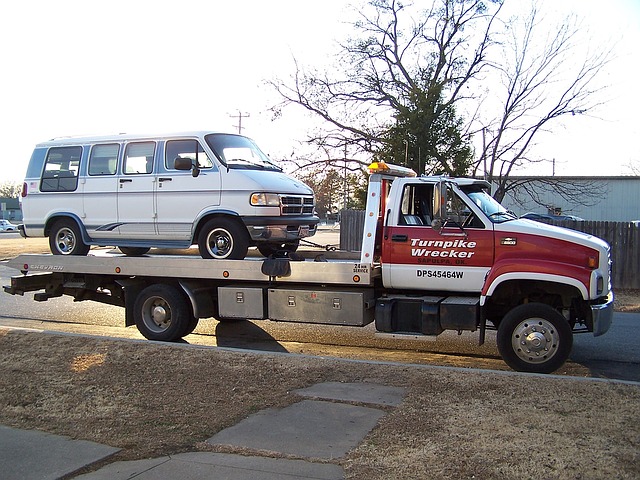The possibility of recovering your car after a repo depends on your location. If you’re in Miami, the process of recovering your car after a repo is different from someone in Atlanta, so you may want to contact an attorney for help. Otherwise, this post will give you a rundown of the little checks you need to know and most times; it can help you recover your car or at least help you work on your credit to avoid future incidence.
1. Ask why your car was repossessed
If you are behind in car payments, you can know exactly why your car was repossessed. Other times, it is not so obvious. In some states, failure to purchase insurance under a loan or lease agreement can be considered a violation, and your car can be repossessed for a cause. Call your lender before concluding to clarify how you can restore things.
2. Know your rights
Even when your car is towed, you can still get some protection:
The lender or the repo agency can recover the car, but not the items inside. For example, if you leave your world-class CD collection in the front seat, the repo agency cannot keep it or sell it. In some states, the repo agency may be required to return or arrange with you on how to pick up the list of items inside the car. If this is not the case, you may have to ask. As a rule, this does not apply to any accessory that may have been installed in the car, such as new wheels or a souped-up audio system.
Your property should be in good condition. A repo agency is not allowed to break in your garage to recover your car, if assuming your car was locked in there. You’re always at liberty to consult an attorney if you feel your rights are being violated.
3. You should ask if you still owe money assuming the car is sold.
When a repo agency retrieves your car and sells it at auction, you may think you no longer need money. This is not always the case.
Suppose a bank granted you a $ 10,000 car loan and you still owed $ 9,000 when you failed. If the repo agency sold the car for $ 7,000, you still owe $ 2,000 on the car, plus recovery costs, in some cases. This is called deficiency balance.
Deficits are common, especially when your car loan was for a new car. Sometimes, you can lose about 10% of the value of a new car just by taking it out of the box. Even in this case, the lender or the acquisition company still has the responsibility to proceed with the sale in a “commercially reasonable” manner. If the recovered car is sold at a price well below the fair market value, you may be able to dispute the high deficit balance in court.
4. Work to improve your credit
A repossession usually remains in your credit file for up to seven years. Therefore, an important part of restoring your credit is just a wait. If you pay your bills and other debt on time, then, when your negative record goes out of the record, your credit score will be much higher than before, and you will be in a better position.




